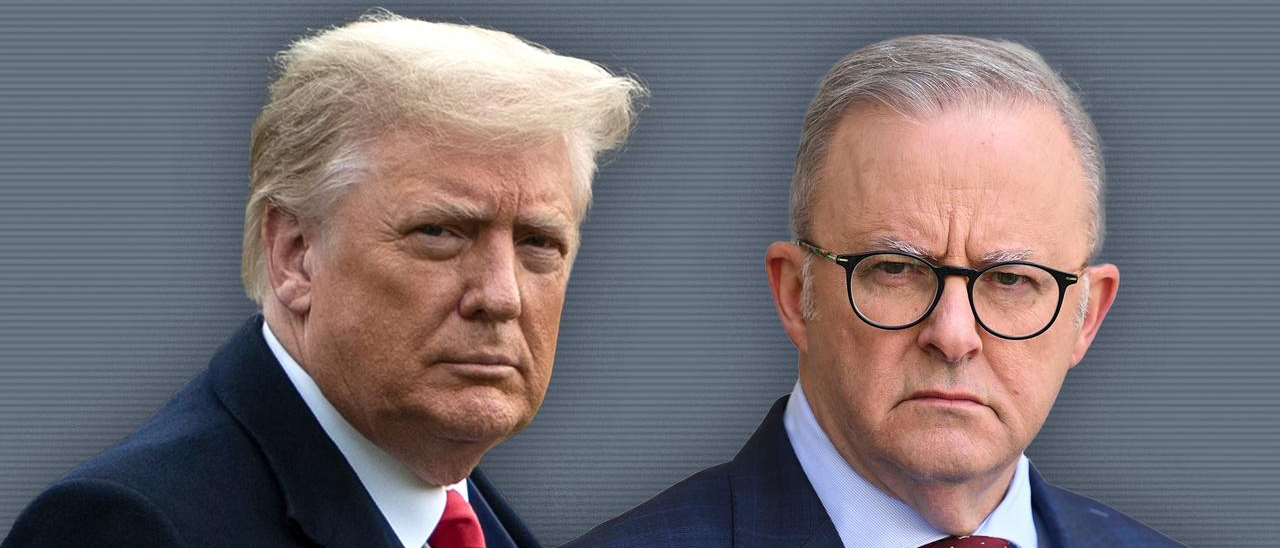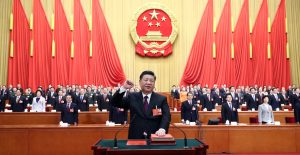Last Sunday, Prime Minister Anthony Albanese landed in Kananaskis, Canada, to attend the 51st G7 summit with careful planning and high hopes. He was seeking a highly-anticipated first meeting with U.S. President Donald Trump, even going so far as to invite golf legend Greg Norman to act as an intermediary. However, any hope of a sit-down abruptly vanished after Trump departed the G7 summit on the eve of their scheduled bilateral meeting amid escalating conflict in the Middle East, leaving Albanese waiting and our nation publicly humiliated on the world stage. While ultimately not Albanese’s fault, the incident is a testament to Labor’s failing diplomatic strategy and an indication that its disastrous foreign policy has increasingly alienated our most important ally. When confronted with a leader as erratic and unpredictable as Trump, Albanese refused to act proactively and was ultimately snubbed.
With U.S. tariffs hanging over Australian exports and the future of the AUKUS submarine deal in peril, a face-to-face meeting with Trump would have been worth its weight in gold. Instead, Albanese had to make do with senior officials such as Secretary of the Treasury Scott Bessent, which proved significantly less symbolic and consequential compared to a meeting with the President.
Proactive Diplomacy
So what could Albanese have done? Although Albanese cannot be blamed for Trump’s abrupt departure, he should have been significantly more proactive in pursuing diplomatic talks. Rather than waiting “on the sidelines of international summits”, as Leader of the Opposition Sussan Ley described, Albanese should have tried to actively organise a one-on-one bilateral meeting with Trump well before any summit. That meeting would be predicated on concrete points of discussion: tariff relief, AUKUS commitment and alignment on regional security, which would have provided Australia with economic and military assurance. By failing to act decisively, Albanese sacrificed Australia’s opportunity to influence key international decisions on trade and security. To add insult to injury, Trump reportedly reached out to Mexican President Claudia Sheinbaum after their meeting was also cancelled but extended no such courtesy to Albanese, reflecting declining bilateral relations.

Ambassador Kevin Rudd
Partly to blame is the appointment of former Prime Minister Kevin Rudd to the role of ambassador to the U.S. in 2023. Rudd has a record of criticising and insulting Trump, infamously calling him a “village idiot” and a “traitor to the West”. Unsurprisingly, Trump has reportedly taken personal offence to these comments, jeopardising good will between our two nations before Albanese ever stepped into the summit. Minister for Foreign Affairs Penny Wong’s unwavering confidence in Rudd is a serious diplomatic blunder with disastrous consequences for Australia and continues to serve as an obstacle to a meeting with Trump. It is pivotal for the future of Australia-U.S. relations that Rudd is immediately replaced with a new ambassador who is not so blatantly anti-Trump.
Anti-Israel Rhetoric
Labor’s foreign policy blunders extend into broader Middle Eastern policy. In a dramatic move earlier this month, Wong sanctioned two “extremist” Israeli ministers for “inciting violence against Palestinians in the West Bank”. Principled though it was, this move targeted one of the closest allies of the U.S. and consequently alienated Trump. Such aggressive foreign policy, if not passed through strategic diplomatic channels, has a tendency to produce unexpected consequences, especially when it involves a character like Trump.

The humiliation of Albanese being snubbed by Trump at the G7 summit has illuminated the foreign policy failings of his government. this was a strategic loss. He has secluded Australia from international diplomacy, particularly with the U.S., leading to us becoming increasingly reactive, disengaged and left in the dark. Now more than ever, Australia needs proactive and decisive leadership to restore our dignity and protect our interests.
Read more: The Insight Corner



